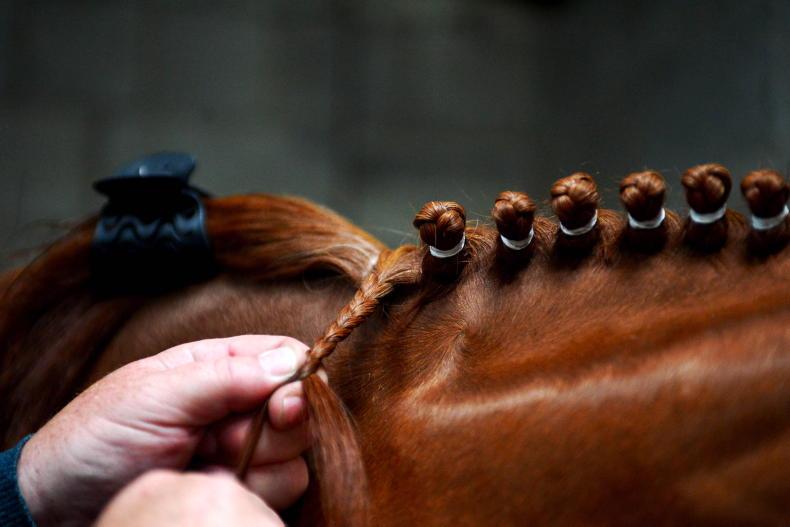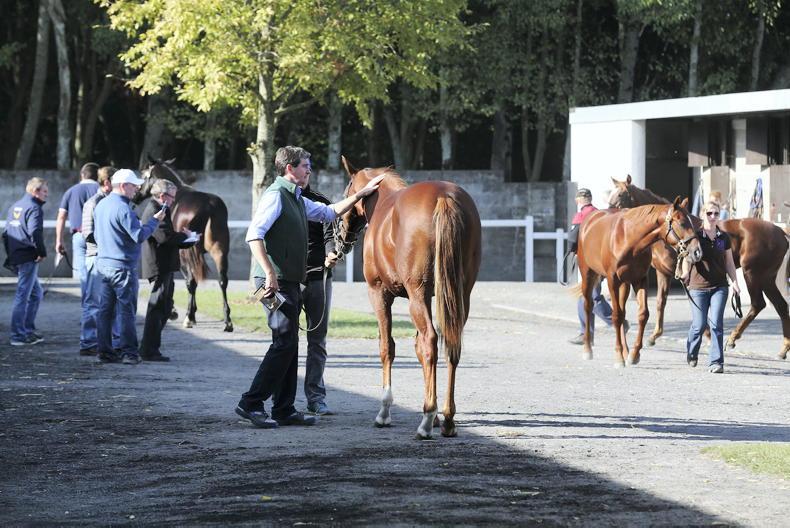SINCE Brexit you can no longer simply load up and head for the ferry, there are now Health Certification (HC) and Customs requirements.Prepare earlier than you did before, give your transporter/shipping agent plenty of notice. There are a lot of background arrangements to be made but your transporter/shipping agent can do all of these.Your Vet (PVP) and the local Department of Agriculture Vet (DVO) have to sign off the GB PVP HC. Some DVOs have said they need five days’ notice to do the sign off.There are VAT formalities to be observed now also. Going to a UK sale, the vendor can avail of the UK Sales Company’s “docket” system whereby the animal goes on the docket and therefore can be imported to the UK VAT free (the sales company assume responsibility for the VAT pending a sale). Your transporter/shipping agent needs this too, so the message here is to engage early with the sales company to use their docket. Both the sales company and the transporter/shipping agents are very familiar with this process.Updated sales entry veterinary
requirements:
Coggins testing mandatory for all lotsEVA no longer required for coltsTests must be done within 70 days pre-saleIEC Irish Equine Centre is now an
approved laboratoryVendors need to be aware of the implications of not selling their horse.If the horse is not sold, the vendor must bring it out of the UK and present the export documents to the sales company to clear the potential import VAT
liabilityIf the horse is sold privately outside the ring but through the sales company the vendor is in the same position as if it sold in the ring and so has no further liabilityIf the horse is not exported from the UK after the sale, the sales company will invoice the vendor for UK VAT on the unsold ring figure.


 This is a subscriber-only article
This is a subscriber-only article
 It looks like you're browsing in private mode
It looks like you're browsing in private mode










SHARING OPTIONS: